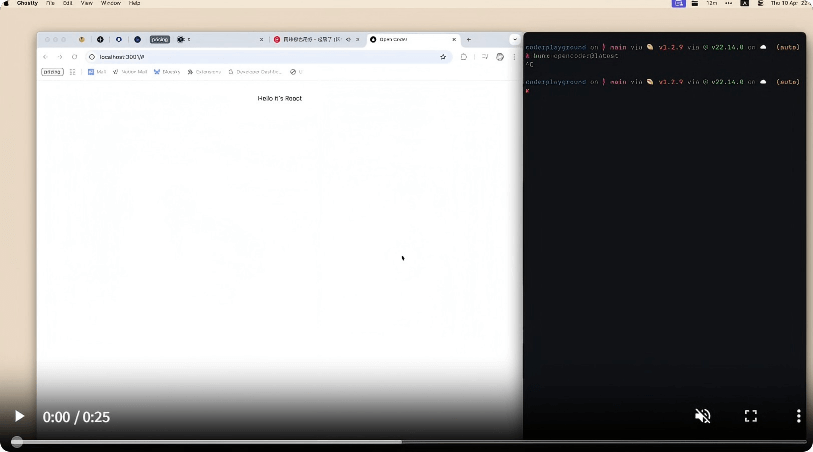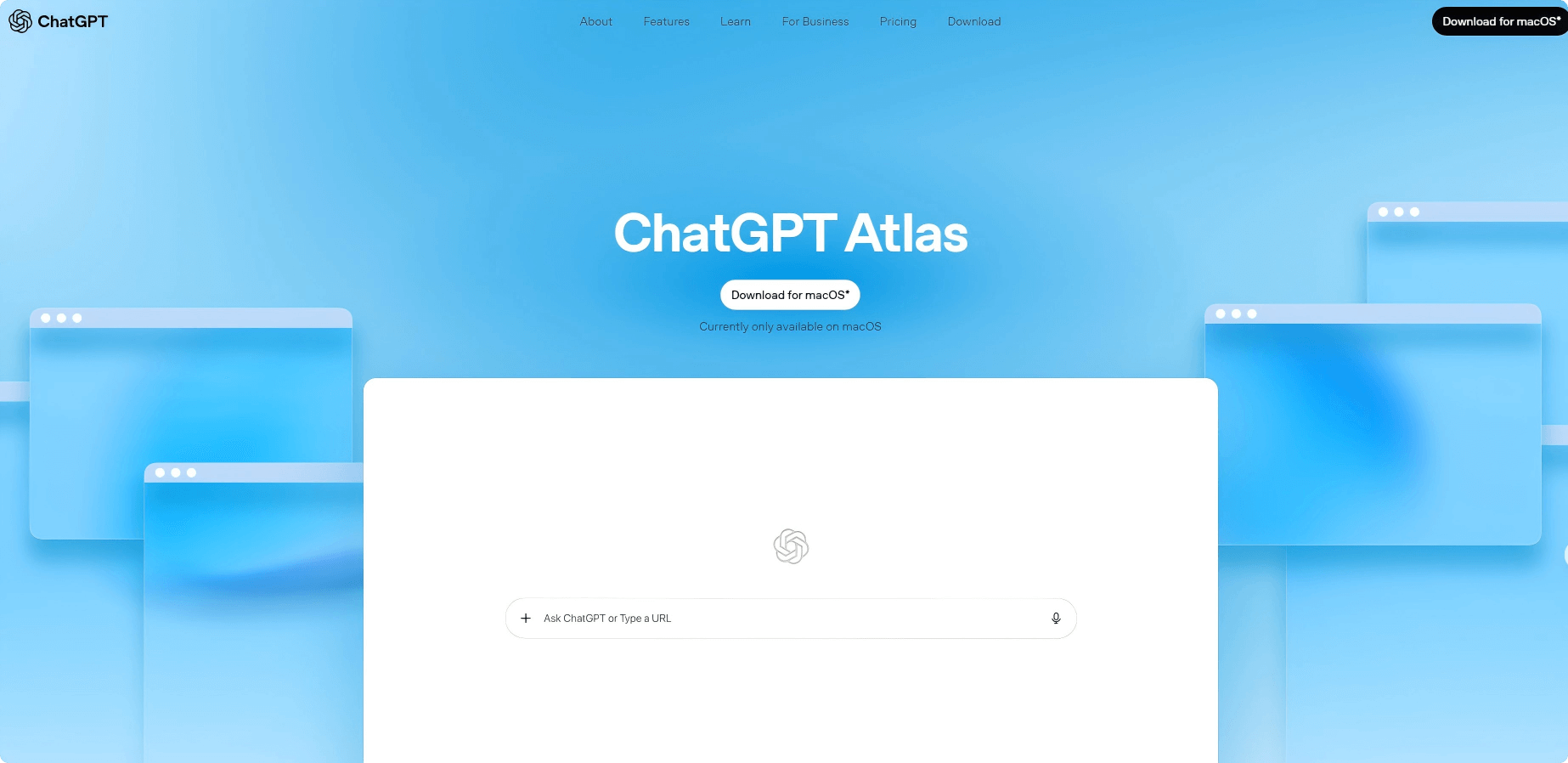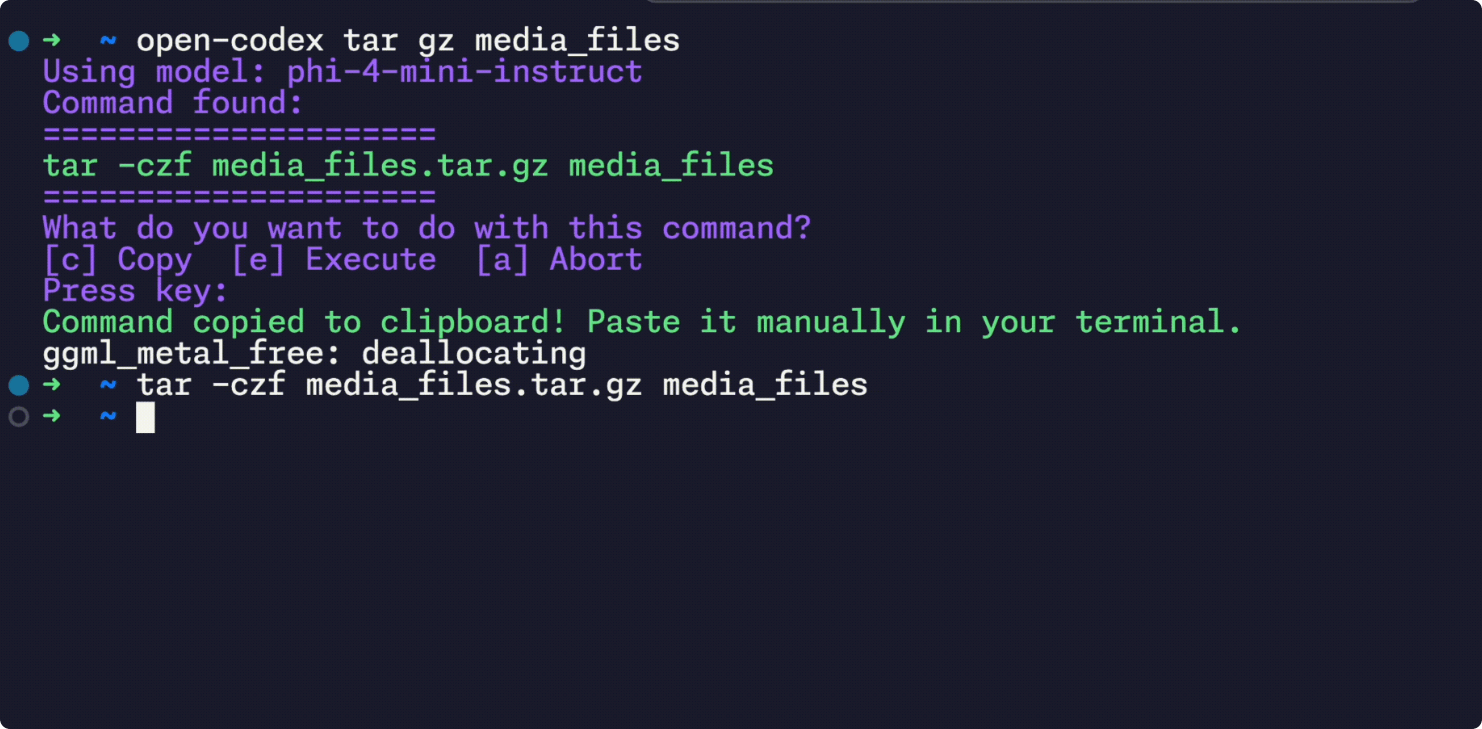What is CWM?
CWM (Code World Model) is Meta’s open-source 32B-parameter code world model. It is the world’s first language model that systematically introduces world models into code generation, supporting both code generation and understanding. By leveraging world model techniques, it simulates code execution rather than merely relying on pattern matching. CWM achieves outstanding performance on multiple benchmarks—for example, it reaches 96.6% accuracy on the Math-500 dataset. The model weights are publicly available, and the open-sourcing of CWM advances research in code generation and understanding, helping developers better utilize AI in software development.

Key Features of CWM
-
Code Generation: Produces high-quality code snippets suitable for tasks such as solving programming competition problems, fixing bugs, and implementing new features.
-
Code Understanding: Simulates the code execution process to understand code logic and behavior.
-
Mathematical and Logical Reasoning: Performs mathematical and logical reasoning while generating code, making it suitable for complex programming tasks and problem-solving.
-
Multi-Language Support: Currently supports Python, but its architecture and methodology can be extended to other programming languages.
-
Reinforcement Learning Support: Through interaction with environments (e.g., executing code and observing results), CWM continuously improves code generation accuracy and efficiency.
Technical Principles of CWM
-
World Model: CWM simulates code execution to understand dynamic behavior. The “world model” approach allows the system to predict code execution results before generating code. During training, the model uses a large number of code execution trajectories (observation–action trajectories) to capture state changes in execution.
-
Multi-Task Reinforcement Learning (RL): CWM integrates multi-task RL during training, optimizing code generation through interaction with environments. For example, it learns by running code and observing test results to produce more accurate solutions.
-
Dense Decoder Architecture:
CWM adopts a dense decoder architecture with long-context modeling (context size up to 131k tokens). Its alternating local and global attention mechanisms enhance efficiency in handling long sequences and complex code structures. -
Multi-Stage Training: Training is divided into several phases—pre-training, mid-training, and post-training—each with distinct datasets and objectives. This staged process incrementally improves model performance. In the mid-training stage, code execution trajectories and agent interaction data are introduced to strengthen its world modeling ability.
Project Links
-
GitHub Repository: https://github.com/facebookresearch/cwm
-
HuggingFace Model Hub: https://huggingface.co/facebook/cwm
-
Research Paper: https://ai.meta.com/research/publications/cwm-an-open-weights-llm-for-research-on-code-generation-with-world-models/
Application Scenarios of CWM
-
Code Generation & Optimization: Helps developers quickly implement new functions while improving efficiency through code optimization.
-
Software Engineering Automation: Automates debugging and performance optimization by understanding code logic and execution.
-
Programming Contest Assistance: Quickly generates solutions during contests, saving time and improving success rates.
-
Code Understanding & Education: Simulates code execution to help developers and learners better grasp programming logic and improve skills.
-
Mathematical & Logical Reasoning: Performs reasoning tasks that require complex logic, making it suitable for advanced programming challenges.
Related Posts




